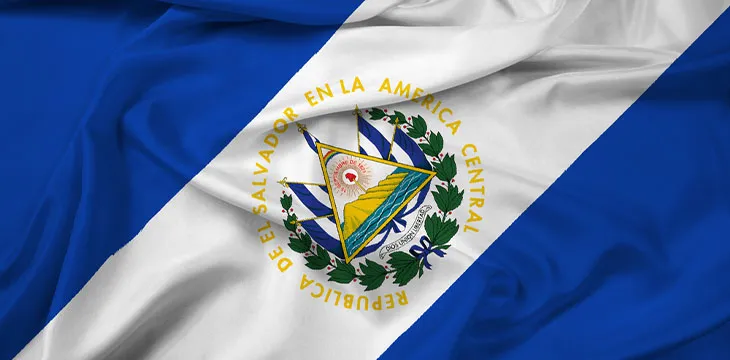|
Getting your Trinity Audio player ready...
|
A landmark bill passed by the El Salvador parliament provides the framework for a BTC-backed bond, “The Volcano Bond,” which the government hopes will enable it to raise capital to pay down its sovereign debt.
On Wednesday, El Salvador, which in 2021 became the first country in the world to adopt BTC as legal tender, announced that its assembly approved a law for issuing more virtual assets, creating the initial legal infrastructure to one day issue Bitcoin bonds.
The bill passed on January 11 in a vote of 62 to 16 and will come into law after it is ratified by El Salvador’s President Nayib Bukele.
Bukele is a long-time advocate of digital assets and hopes that not only will the Volcano Bonds, or volcano token, pay the country’s substantial national debt, but it will also pave the way for his dream of a bitcoin city—a volcano-fueled planned city shaped like the BTC symbol.
The bonds are projected to have 6.5% yields and allow foreign investors to acquire citizenship. The goal is to bring in foreign investment in $1 billion worth of BTC bonds running on Blockstream’s Liquid Network, providing a much-needed boost to the struggling economy.
The country’s Bitcoin Office announced the passage of the new law on Twitter:
Today El Salvador builds on our first-mover advantage by passing landmark legislation establishing a legal framework for all digital assets that are not bitcoin. As well as those issued on bitcoin.
The law also paves the way for volcano bonds which we will soon begin issuing.
— The Bitcoin Office (@bitcoinofficesv) January 11, 2023
Possibly with detractors of its so-called “Bitcoin revolution” in mind, the office also announces that the new legislation creates the National Digital Assets Commission, “the regulating agency in charge of applying the securities law and protecting the rights of digital asset purchasers as well as issuers in El Salvador, and of deterring fraudsters from operating here.”
El Salvador’s ‘Bitcoin’ gamble
In 2021, President Bukele made BTC legal tender in El Salvador and began a process of purchasing BTC with public money, with estimates at the end of last year suggesting he has now spent over $107 million on 2,381 BTC, an investment that is currently worth a little over $40 million.
Amid the FTX crisis last Autumn and the resulting downturn in the digital asset market, and despite surveys suggesting the uptake of the digital currency by citizens had been extremely low, Bukele doubled down, announcing on November 17 that his government would buy one BTC a day—with no end date specified.
This BTC gamble had the negative side effect of stalling the country’s negotiations with the International Monetary Fund (IMF) for a much-needed $1.3 billion loan, with the IMF urging the government “to narrow the scope of the Bitcoin law.”
With the passage of this week’s new legislation, El Salvador is heading further down the path of no return, trusting in its crypto bro President to lead the way. Whether this will provide a shining example for other countries to follow or a disastrous folly that only serves as a warning, time will tell.
Follow CoinGeek’s Crypto Crime Cartel series, which delves into the stream of groups—from BitMEX to Binance, Bitcoin.com, Blockstream, ShapeShift, Coinbase, Ripple,
Ethereum, FTX and Tether—who have co-opted the digital asset revolution and turned the industry into a minefield for naïve (and even experienced) players in the market.

 07-05-2025
07-05-2025 





